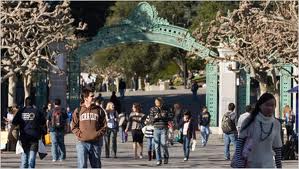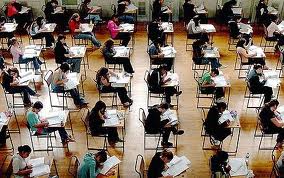We know this sounds far-fetched but a new study has shown that drinking a lot of coffee may reduce suicidal thinking in some,  due to the mood altering effects of caffeine.
due to the mood altering effects of caffeine.
Apparently, people who drank more than four cups of coffee a day were 53 percent less likely to commit suicide than those who drank less than one cup a day, a new study found. WebMD reported today that
“Those who drank two to three cups of coffee a day had a 45 percent lower risk of suicide, according to the analysis of data from more than 208,000 people who were followed from 1988 to 2008. During that time, there were 277 suicides, CBS Newsreported.
“The study was published in the July issue of the World Journal of Biological Psychiatry.
“The researchers said that caffeine in coffee can increased neurotransmitters, which can lift a person’s mood and act as a mild antidepressant, CBS News reported.
“Unlike previous investigations, we were able to assess association of consumption of caffeinated and non-caffeinated beverages, and we identify caffeine as the most likely candidate of any putative protective effect of coffee,” study author Michel Lucas, a research fellow in the department of nutrition at Harvard School of Public Health, said in a news release.
Full story at: http://www.webmd.com/mental-health/news/20130730/coffee-suicide-risk?src=RSS_PUBLIC
















